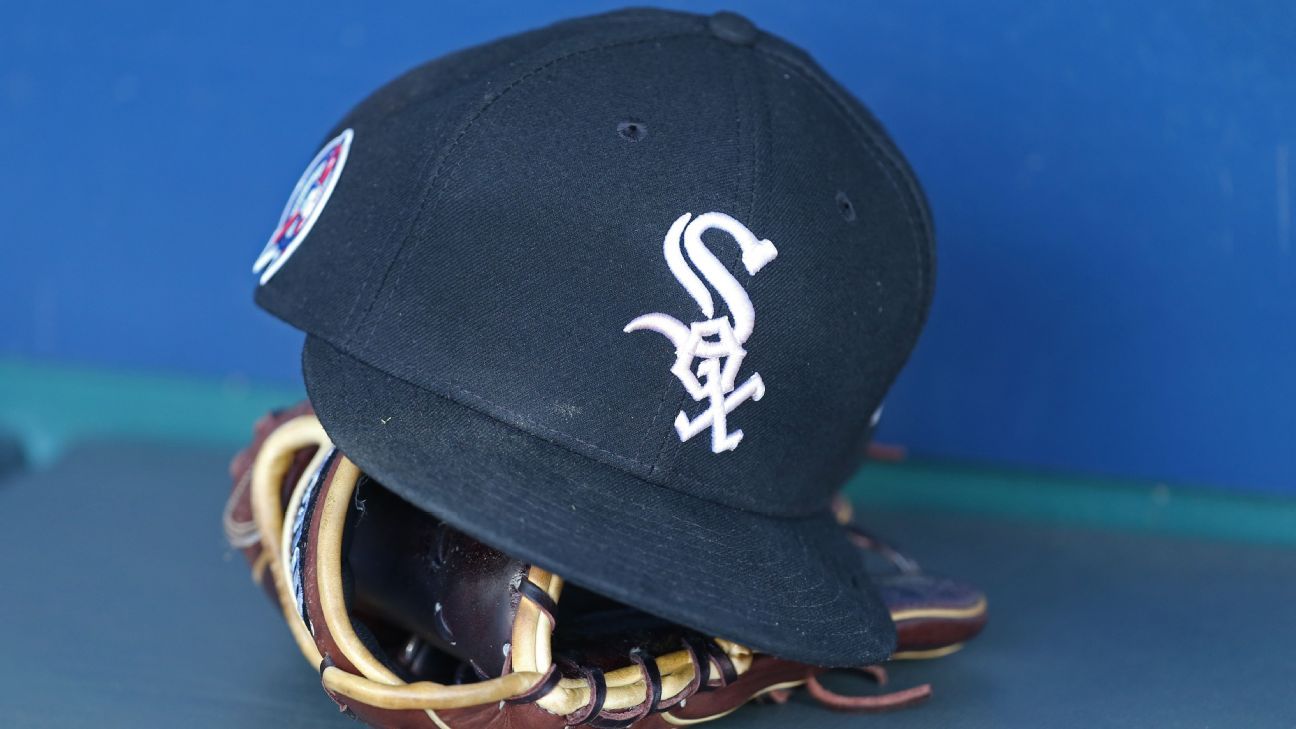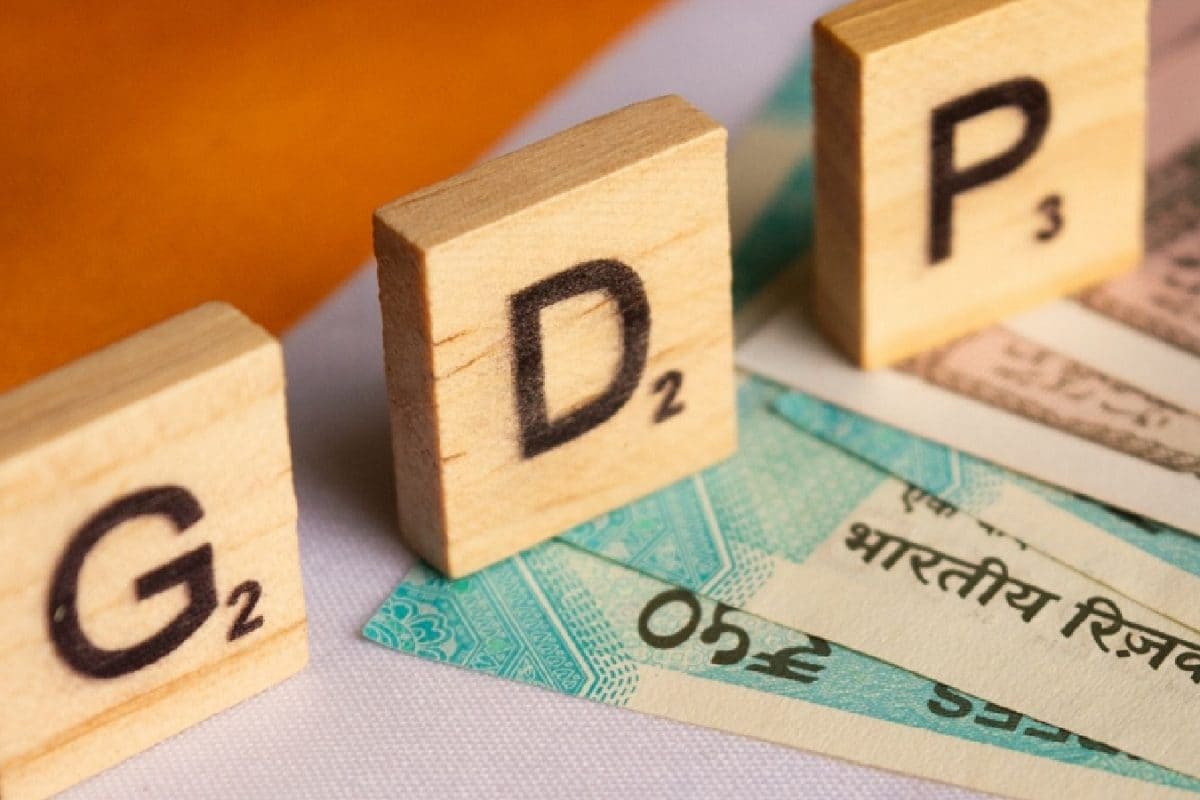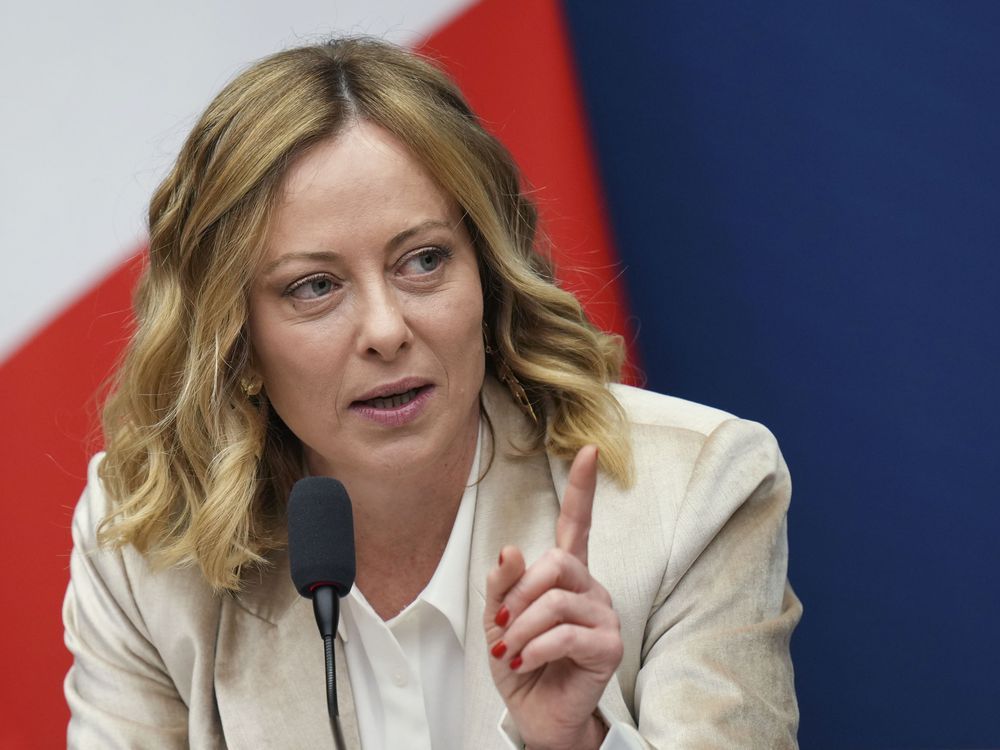KUALA LUMPUR: We used to say that Malaysian football is ahead of Indonesia's. Not anymore. The sad truth is Malaysia have fallen far behind their neighbour in football development in recent years.
And now the sad reminder. Indonesia's qualification yesterday for the 2025 Qatar Under-17 World Cup has created a buzz across the region. That coming from a nation suspended by FIFA less than a decade ago.

The Young Garuda made history following a commanding 4-1 victory over Yemen in the Under-17 Asian Cup in Saudi Arabia. Indonesia topped Group C with six points from two matches and are expected to wrap up their campaign with a win over the eliminated Afghanistan on Thursday and finish among the best eight teams from Asia. Malaysia's former national Under-19 coach Bojan Hodak, who now trains Persib Bandung FC in Indonesia, said the country's FA (PSSI) chairman Erick Thohir has played a key role in the rise of Indonesian football.
"A lot of things started to move with Erick's push. He changed how football is managed within PSSI. He's a leader that wants to do things for Indonesia and its football," said Hodak.
"He's a political leader and a businessman who invests in the country's sports. He has involved a lot of investors, sponsors, and people who can help Indonesian football. They have restructured their football development, and it's starting to produce results.
"Their senior team have also done well in the World Cup qualifiers. I see no reason why Indonesian teams cannot continue qualifying and competing in World Cups." It's indeed a remarkable turnaround by PSSI, which was suspended by FIFA on May 30, 2015 due to government interference, effectively cutting the country off from international competitions.
The ban was lifted in 2016, prompting swift and strategic reforms aimed at rebuilding their national football structure from the ground up. A key pillar of the revival was the launch of the Elite Pro Academy, a structured youth league system introduced in 2018. Inaugurated at the Stadion Perguruan Tinggi Ilmu Kepolisian (PTIK), the programme became the country's first formal pathway for developing young football talent.
Further momentum was generated in 2020 by the appointment of former South Korea national coach Shin Tae Yong, who was tasked with revamping the Indonesian national teams at various levels. Infrastructure upgrades, better coaching systems, and improved governance followed — laying the groundwork for a more competitive footballing ecosystem. Indonesia's hosting of the 2023 Under-17 World Cup offered the young Garuda squad a taste of the global stage.
While they did not progress beyond the group stage, the experience proved invaluable in preparing the team for future challenges. Hodak said: "This is tremendous news for Indonesian football. Success will invite attention, and this will result in more support for Indonesian football.
I see that more sponsors, investors, and collaborators are lining up to join the football revolution. "The funding for football will make Indonesian football better, with more cash to spend on youth development and player recruitment. There is criticism regarding Indonesia using Dutch-born players, but I don't see any issue as they are not breaking any laws and these players have gotten their clearance from FIFA.
"© New Straits Times Press (M) Bhd.
Top

Indonesian football has risen, can Malaysia do the same?

KUALA LUMPUR: We used to say that Malaysian football is ahead of Indonesia’s. Not anymore.











